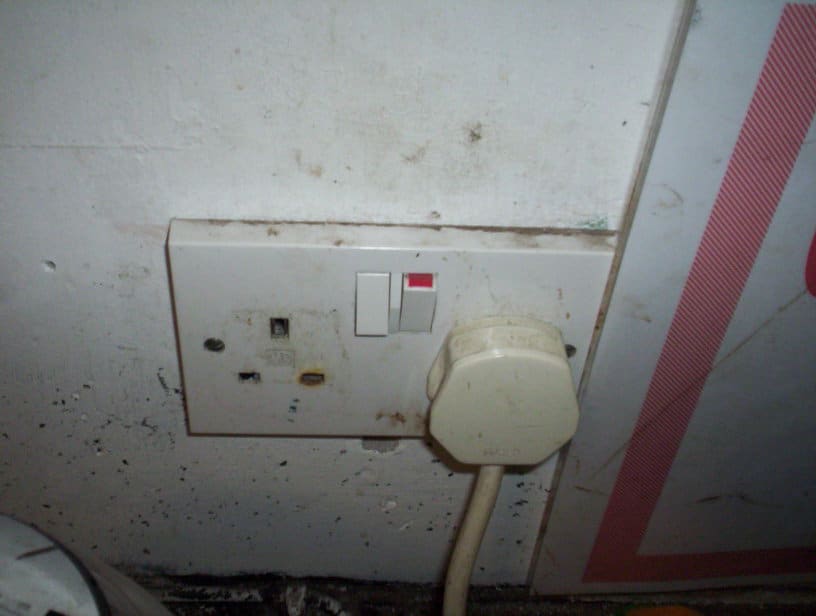The Electrical Safety Standards in the Private Rented Sector (England) Regulations 2020 (‘Regulations’) come into force on 1 June 2020 and impose new safety duties for landlords on specified residential premises in England. The Regulations are likely to have significant financial consequences for landlords particularly where breaches are subject to enforcement action. The Regulations require local housing authorities to enforce the duties and include a power to arrange remedial action in certain circumstances.
Scope of the safety duty regulations
The Regulations apply to all new specified tenancies (granted on or after 1 June 2020) from 1 July 2020 in respect of tenancies granted on or after 1 June 2020; and all existing specified tenancies from 1 April 2021 where such tenancies were granted before 1 June 2020. The duties do not apply to landlords of social housing.
In the Regulations, a specified tenancy means a tenancy of residential premises in England which:
- grants one or more persons the right to occupy all or part of the premises as their only or main residence;
- provides for payment of rent (whether or not a market rent); and
- is not an excluded tenancy specified in the Regulations.

In Schedule I of the Regulations an excluded tenancy is one:
- where the landlord is a private registered provider of social housing;
- under the terms of which the occupier shares any accommodation with the landlord or a member of the landlord’s family;
- that is a long lease for the purposes of section 7 of the Leasehold Reform, Housing and Urban Development Act 1993 (generally a lease granted for a term or series of terms exceeding 21 years); or grants a right of occupation for a term of 7 years or more;
- that grants a right of occupation in a building which is used wholly or mainly for the accommodation of students, and is a hall of residence;
- that grants a right of occupation in a hostel or refuge;
- that grants a right of occupation in a care home;
- that grants a right of occupation in a hospital or hospice; or
- for other accommodation relating to healthcare provision.
Landlord’s safety duties
The Regulations impose a number of duties in respect of electrical safety on private landlords who grant or intend to grant a specified tenancy. Landlords must:
- ensure that the electrical safety standards (the standards for electrical installations in the 18th edition of the Wiring Regulations, published by the Institution of Engineering and Technology and the British Standards Institution as BS 7671: 2018) are met during any period when the residential premises are occupied under a tenancy;
- every fixed electrical installation is inspected and tested at least every 5 years by a qualified electrician;
- ensure the first inspection and testing is carried out before the tenancy commences in relation to a new tenancy, or by 1 April 2021 in relation to existing tenancies;
- obtain a report which gives the results of the inspection and test, supply that report to each tenant within 28 days, and within 7 days of a request to the local housing authority. The landlord must also retain a copy until the next inspection is due;
- supply a copy of the last report to any new tenant before occupation, or any prospective tenant within 28 days of a request from the prospective tenant;
- where the report requires the landlord to carry out further investigative or remedial work, undertake such further investigative or remedial work within 28 days or within such lesser time period as specified in the report;
- obtain and supply written confirmation of completion of such further investigative or remedial work to the tenant and local housing authority.
Enforcement
The Regulations have provision for remediation notices to be served on landlords by local housing authorities where they have reasonable grounds to believe that the landlord is in breach of their duties under the Regulations. Where a notice is served, the landlord has 28 days to remedy the breach and where this is not carried out the local housing authority can carry out the works and seek the costs from the landlord. The Regulations provide for an appeal mechanism and there is an exemption for landlords that can demonstrate that they have taken all reasonable steps to comply with their duties e.g. unable to gain access to the property by the tenant. The penalty for breach can be imposed by the local housing authority but must not exceed £30,000.
Housing Act 2004 safety duties
The Regulations make amendments to Schedule 4 of the Housing Act 2004 imposing new mandatory conditions in respect of electrical safety standards. These must be included in a licence under Part 2 or 3 of the Act.
if you require health and safety advice, please contact one of the Ashbrooke team.
